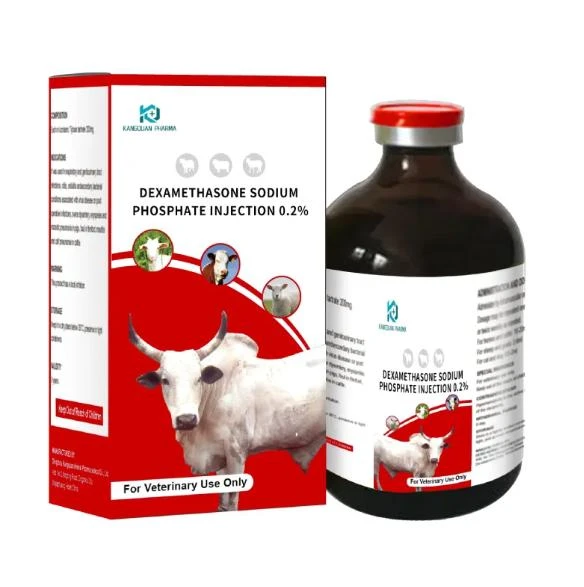- Afrikaans
- Albanian
- Amharic
- Arabic
- Armenian
- Azerbaijani
- Basque
- Belarusian
- Bengali
- Bosnian
- Bulgarian
- Catalan
- Cebuano
- Corsican
- Croatian
- Czech
- Danish
- Dutch
- English
- Esperanto
- Estonian
- Finnish
- French
- Frisian
- Galician
- Georgian
- German
- Greek
- Gujarati
- Haitian Creole
- hausa
- hawaiian
- Hebrew
- Hindi
- Miao
- Hungarian
- Icelandic
- igbo
- Indonesian
- irish
- Italian
- Japanese
- Javanese
- Kannada
- kazakh
- Khmer
- Rwandese
- Korean
- Kurdish
- Kyrgyz
- Lao
- Latin
- Latvian
- Lithuanian
- Luxembourgish
- Macedonian
- Malgashi
- Malay
- Malayalam
- Maltese
- Maori
- Marathi
- Mongolian
- Myanmar
- Nepali
- Norwegian
- Norwegian
- Occitan
- Pashto
- Persian
- Polish
- Portuguese
- Punjabi
- Romanian
- Russian
- Samoan
- Scottish Gaelic
- Serbian
- Sesotho
- Shona
- Sindhi
- Sinhala
- Slovak
- Slovenian
- Somali
- Spanish
- Sundanese
- Swahili
- Swedish
- Tagalog
- Tajik
- Tamil
- Tatar
- Telugu
- Thai
- Turkish
- Turkmen
- Ukrainian
- Urdu
- Uighur
- Uzbek
- Vietnamese
- Welsh
- Bantu
- Yiddish
- Yoruba
- Zulu
Nov . 10, 2024 17:25 Back to list
Effective Treatments for Eliminating Worms in Dogs and Keeping Them Healthy
What Kills Worms in Dogs?
Worms in dogs are not just a nuisance; they can lead to serious health issues if left untreated. Common types of worms that infect dogs include roundworms, tapeworms, hookworms, and whipworms. These parasites can affect a dog’s health in various ways, from malnutrition to anemia and even death in severe cases. Understanding how to identify and treat these worms is crucial for any dog owner.
Recognizing the Symptoms
The first step in dealing with worms in dogs is recognizing the signs of infection. Symptoms may vary depending on the type of worm, but common indicators include - Weight loss Despite a good appetite, dogs infected with worms often lose weight. - Vomiting Frequent vomiting can indicate a worm infestation. - Diarrhea Particularly if it is bloody or has a dark color. - Visible worms Some worms, especially tapeworms, can be seen in a dog’s feces or around their anus. - Potbellied appearance This is particularly common in puppies with roundworms.
If you notice any of these symptoms, it’s essential to consult a veterinarian for a proper diagnosis and treatment plan.
Treatment Options
Once a diagnosis has been made, there are several effective treatments available to eliminate worms in dogs
. The approach depends on the type of worm present1. Anthelmintics These are medications specifically designed to kill worms. Common anthelmintic drugs include praziquantel, fenbendazole, and ivermectin. The veterinarian will determine the best medication based on the type of worm and the dog’s age, weight, and health status.
what kills worms in dogs

2. Deworming Schedule For puppies, a regular deworming schedule is often recommended. Most puppies should be dewormed every few weeks starting at two weeks of age until they reach about three months old. Adult dogs may need treatment every few months or as advised by a veterinarian, especially if they are at risk of exposure.
3. Preventive Measures Preventing worms is more effective than treating them. Regularly practicing good hygiene, such as cleaning up after your pet and maintaining a clean living environment, can significantly reduce the risk of infection. Additionally, providing dogs with a well-balanced diet, regular vet check-ups, and preventive medication can help keep worms at bay.
Natural Remedies
While veterinary treatment is the most reliable method to eliminate worms, some dog owners may seek natural remedies. These should always be discussed with a veterinarian, as their efficacy can be variable and may not work for severe infections.
- Pumpkin seeds These contain an amino acid called cucurbitacin, which is said to paralyze worms and allow the dog to expel them. - Carrots Feeding dogs raw carrots can help in cleaning their teeth, and some owners believe they can help with expelling worms too. - Diatomaceous earth This natural product can be added to a dog’s food, but it must be food-grade and introduced gradually.
Conclusion
Understanding what kills worms in dogs is essential for every pet owner. Regular veterinary care, appropriate medications, and preventive measures can keep your furry friends healthy and free from these harmful parasites. If you suspect your dog has worms or notice any concerning symptoms, don’t hesitate to seek veterinary advice. Prompt action can lead to successful treatment and a healthier, happier dog. Remember, prevention is always better than cure, so stay vigilant and proactive in your dog’s health care.
-
Guide to Oxytetracycline Injection
NewsMar.27,2025
-
Guide to Colistin Sulphate
NewsMar.27,2025
-
Gentamicin Sulfate: Uses, Price, And Key Information
NewsMar.27,2025
-
Enrofloxacin Injection: Uses, Price, And Supplier Information
NewsMar.27,2025
-
Dexamethasone Sodium Phosphate Injection: Uses, Price, And Key Information
NewsMar.27,2025
-
Albendazole Tablet: Uses, Dosage, Cost, And Key Information
NewsMar.27,2025













